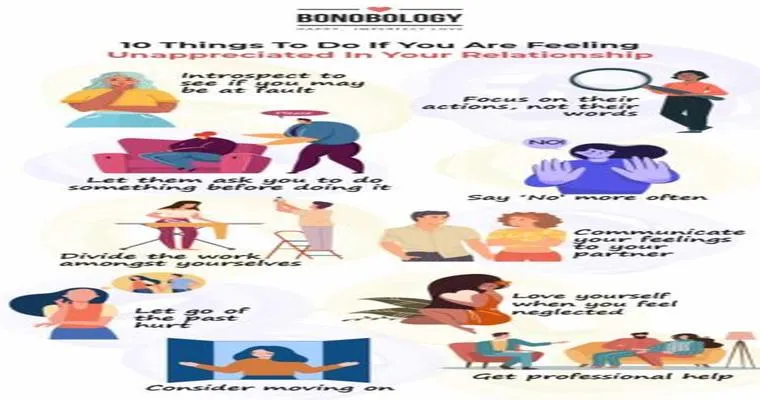Navigating the challenges of having a loved one in "long-term care (LTC)" can be emotionally taxing, especially when you have a parent like your mom who is mentally sharp but physically declining due to "macular degeneration". It is common for residents in LTC facilities to express their needs vocally, and understanding how to support your mom during this time is crucial. This article will provide practical strategies to help you assist her in adapting to her circumstances while maintaining her dignity and quality of life.
Understanding Macular Degeneration
"Macular degeneration" is a progressive eye disease that affects the central part of the retina, leading to a loss of central vision. This condition can significantly impact a person's ability to read, recognize faces, and navigate their environment. While it may limit physical capabilities, many individuals retain their cognitive faculties and emotional awareness. This means that even though your mom may face physical challenges, her ability to engage in conversation and express her feelings remains intact.
Creating a Comfortable Environment
One of the best ways to support your mom is by ensuring her living space in the LTC facility is comfortable and accessible. Here are some suggestions:
1. "Lighting": Ensure that her room is well-lit. Proper lighting can help her navigate her environment more easily, even with vision impairments.
2. "Familiar Items": Bring personal items from home, such as photographs or favorite blankets, to create a sense of familiarity and comfort.
3. "Organized Space": Keep her belongings organized and within easy reach. This will make it easier for her to find what she needs without frustration.
Enhancing Communication
Since your mom often calls out, it is essential to enhance communication with her:
1. "Regular Visits": Visit her frequently to provide emotional support. Engage in conversations about her interests and experiences to keep her mentally stimulated.
2. "Encourage Expression": Allow her to express her feelings and frustrations. This can help reduce her sense of isolation and provide an outlet for her emotions.
3. "Use Technology": Consider using audio or video calls if you cannot visit often. This can help maintain a connection and reassure her that she is not alone.
Engaging Activities
Keeping your mom engaged in activities can help reduce feelings of frustration and isolation:
1. "Sensory Activities": Consider activities that engage her other senses, such as listening to music, audio books, or tactile crafts.
2. "Social Interaction": Encourage her to participate in group activities at the LTC facility. Social interaction can improve her mood and create a sense of belonging.
3. "Memory Games": Simple games that stimulate memory and cognitive skills can be both enjoyable and beneficial. Tailor these games to her interests and abilities.
Working With Care Staff
Collaboration with the LTC staff is essential in providing the best care for your mom:
1. "Communicate Needs": Share your observations with the care staff regarding your mom's behavior and needs. They can better tailor their support based on your insights.
2. "Advocate for Her": Be an advocate for your mom’s needs and preferences. Ensure that her care plan reflects her mental sharpness and emotional needs.
3. "Regular Updates": Stay informed about her health and well-being through regular updates from the LTC staff. This will help you monitor her physical and emotional state.
Conclusion
Supporting a parent in long-term care, especially with challenges like "macular degeneration", requires patience, empathy, and proactive engagement. By creating a comfortable environment, enhancing communication, providing engaging activities, and working closely with care staff, you can help your mom navigate this difficult phase of life while preserving her dignity and mental acuity. It’s important to remember that while her physical abilities may decline, your love and support can make a significant difference in her emotional well-being.





